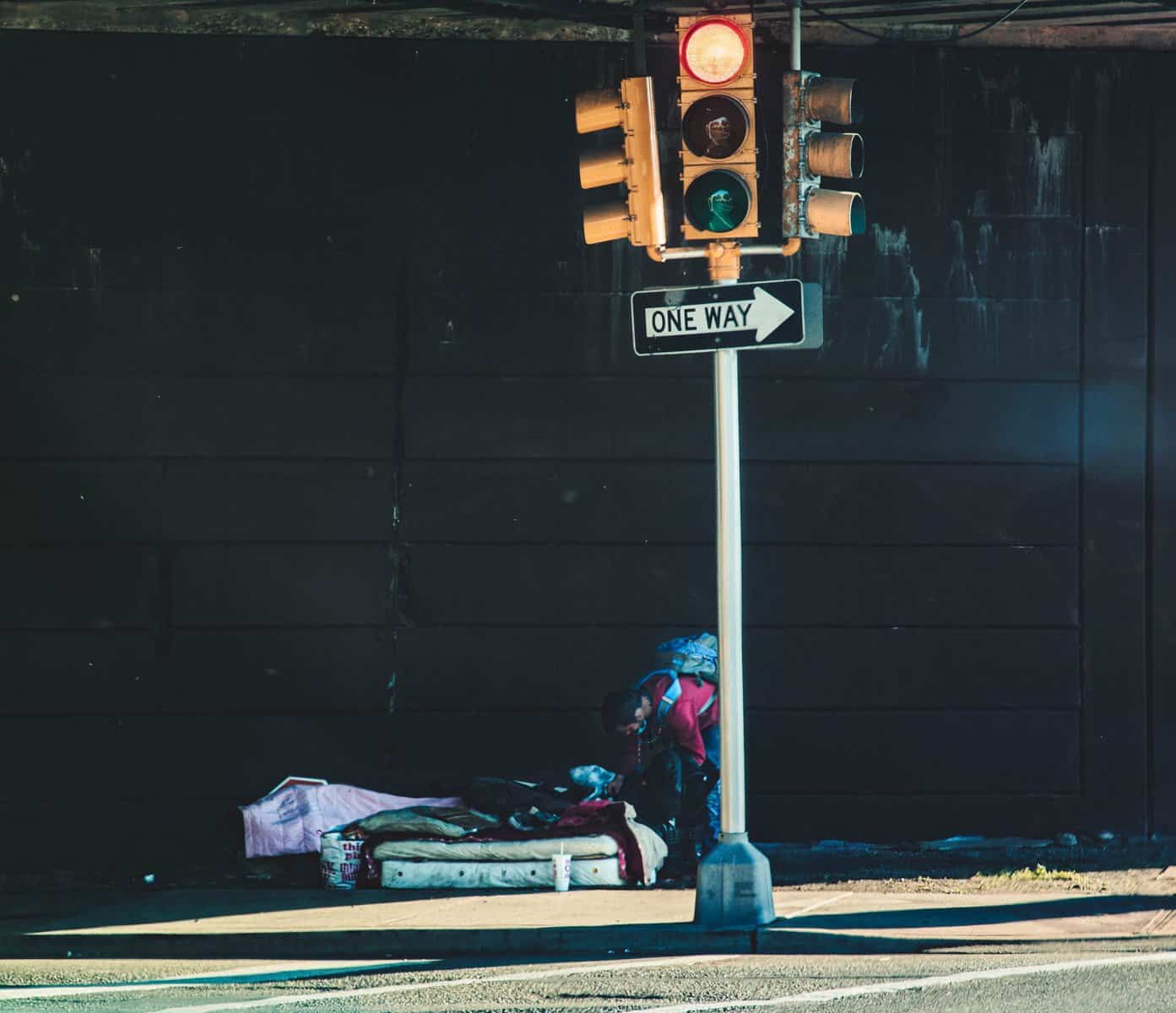EAST BRUNSWICK – Despite the rates of homelessness decreasing in New Jersey, the demographics reveal that thousands of people are living without adequate shelter.
Informally known as “Cardboard Box City,” these forgotten residents often dwell in makeshift communities that co-exist alongside the same neighborhoods they can’t afford.
As the pandemic, combined with the harshness of inadequate housing, unemployment and restricted access to resources, the homeless of New Jersey were presented with additional challenges that threatened their ability to survive.
On Jan. 26, 2021, Monarch Housing Associates, a non-profit organization that advocates for permanent and affordable housing, collected information on New Jersey’s homeless population.
According to the survey data, a total of 8,097 individuals were classified as homeless. The combined counties in Central Jersey accounted for 2,623 homeless people:
Middlesex County – 629
Union – 584
Mercer – 393
Ocean – 366
Monmouth – 322
Somerset – 226
Hunterdon – 103
In comparison to the state’s 9.2 million residents, it’s possible for many to overlook the topic of homelessness as an unfortunate, but relatively minor problem. Without context, it’s also easy to dismiss the individual humanity behind the statistics.
New Jersey-based organizations like the FISH Hospitality Program have remained proactive in their mission to raise awareness and funds to assist those in need. Serving the counties of Middlesex and Union, the program features shelter, meals, housing, employment, medical assistance, and other resources for homeless families and single women.
In addition, the program utilizes a network of 13 host congregations and 19 support congregations to provide additional help.
Trinity Presbyterian Church, a host congregation located in East Brunswick, has worked alongside the FISH program for a decade. The church established the Cardboard Box Steering Committee to collectively address homelessness by having fundraisers, hosting events, creating publicity, organizing volunteers, making signage, and raising awareness on social media.
Steering Committee Member Jan Carrato, who joined the committee in January, said the group works together to find viable solutions for the program.
“As a collective volunteer group, we work cooperatively, capitalizing on our experience and talents to accomplish the goal. The Steering Committee has invited donations and solicited the greater community (local churches, service organizations, businesses, local governments, individuals, etc.) to participate,” Carrato said.
Despite a slow return to normalcy and increased community activity, the lingering effects of the pandemic still present myriad challenges for the program.
“FISH provides a network of many resources and referrals. Typically, they manage between three and five families at a time. Currently, they are limited to one staff person. Families receive referrals, financial planning, and counseling to pursue sustainable housing.
“While adults with jobs continue working, the executive director assists any unemployed persons with career counseling. The program arranges for children to continue attending their same schools or daycare programs. Under pandemic conditions, this has been a challenge,” Carrato said.
Furthermore, Carrato stated that due to the pandemic, a Cardboard Box City fundraiser to benefit the homeless was routinely delayed.
“Committee Chair Diane Hoener first proposed the Cardboard Box City event in February 2020; due to Covid restrictions, it was postponed twice.
“Finally, the third attempt in December 2021 came to fruition. People were then invited to join. As a group, our focus is to organize every aspect of the event, and finally, successfully launch it on April 30 to May 1,” she said.
The anticipated event will be held on Saturday, April 30, 6 p.m., to Sunday, May 1, 7 a.m.
Participants will be given an opportunity to experience the challenge of homelessness by spending a night in their own cardboard box. Hosted by Trinity Presbyterian Church, the event will feature speakers, games, entertainment, a barbecue dinner, box decorating and judging, and a Sunday morning breakfast.
The overnight event aims to raise funds for the FISH program and increase the public’s awareness of homelessness in local communities. With 60% of FISH families being children, she explained that as a community, it’s important to advocate for those less fortunate.
“Cardboard Box City provides financial support to FISH and further reflects Trinity’s commitment to ‘welcoming the stranger,’ in this case, the unhoused.
“To date, we have raised over $5,000, which has directly funded FISH to house families during the pandemic, giving them safety and stability until permanent housing is secured. We hope to raise even more between now and the event.
“Christian principles call us to action such as loving and caring for our neighbors, reaching out to marginalized communities, addressing hunger, homelessness, social justice, and other pressing needs. Through this event, we become part of the solution to house and feed families in our area,” Carrato said.
For more information, visit www.cardboardboxcity.com

